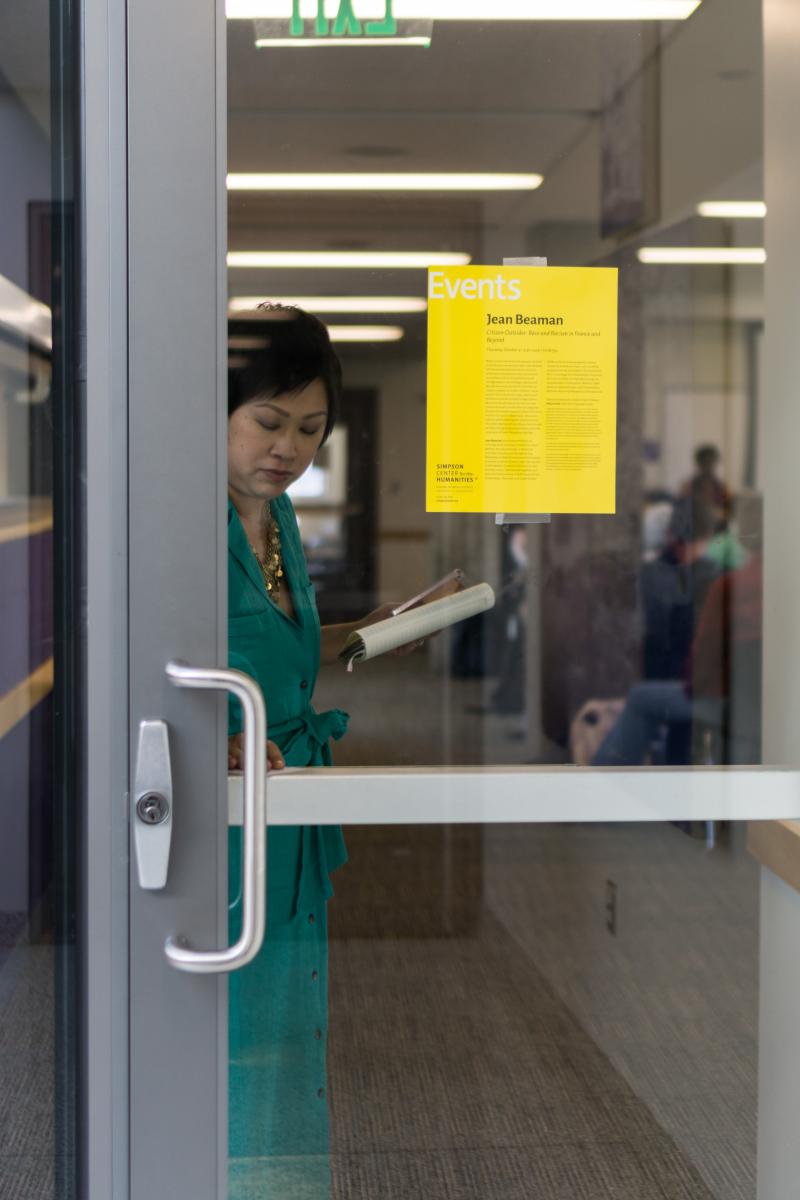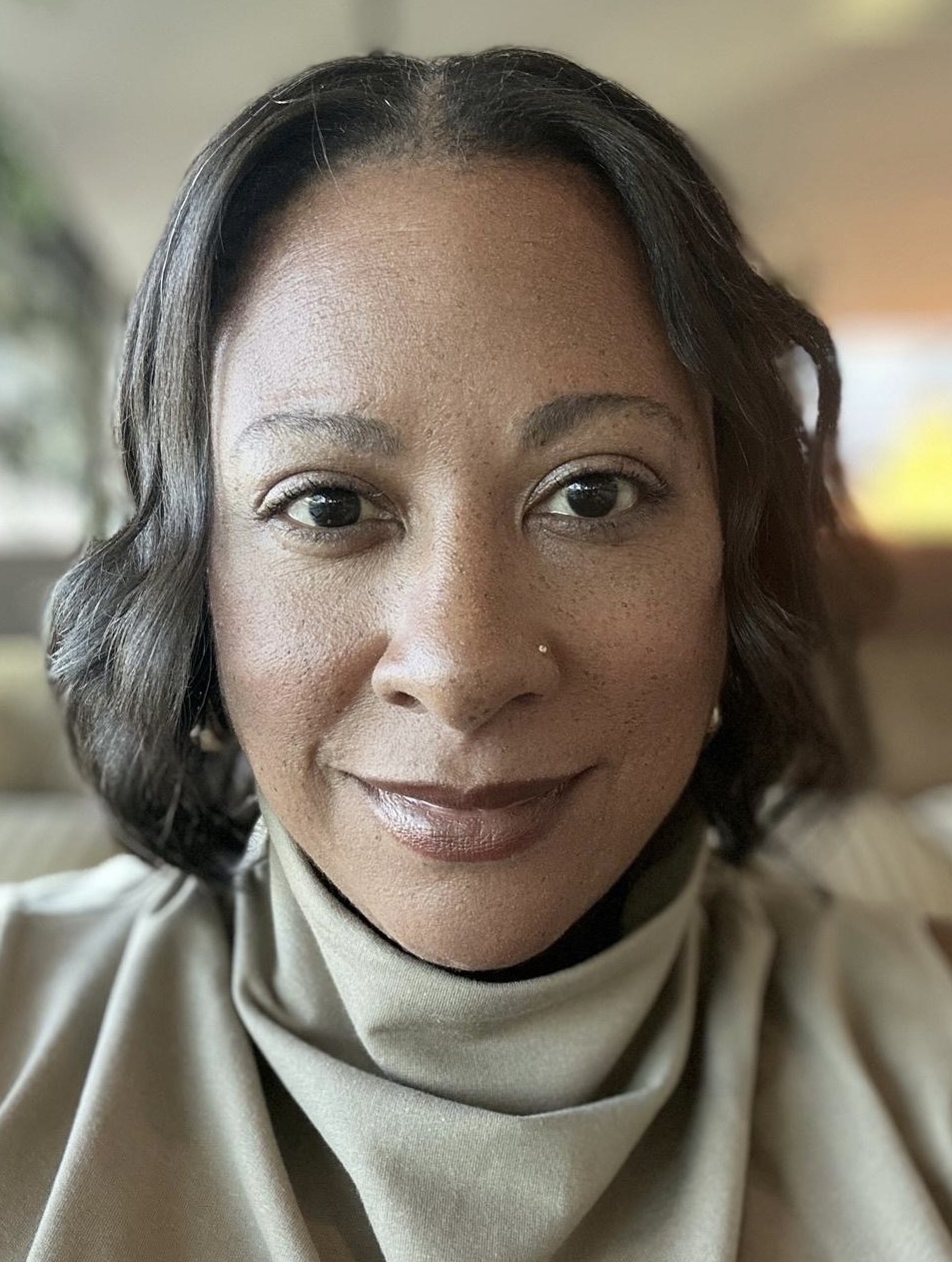The Simpson Center has long been committed to supporting visiting speakers in the broad fields of digital humanities, data science studies, and digital culture. Past speakers include Alan Liu (University of California, Santa Barbara), Tara McPherson (University of Southern California), Jentery Sayers (University of Victoria), Johanna Drucker (University of California, Los Angeles), Julia Flanders and Syd Bauman (Northeastern University), Matthew Kirschenbaum (University of Maryland), Anne Balsamo (University of Texas at Dallas), Jeffrey Schnapp (Harvard University), Michelle Caswell (University of California Los Angeles), and Lauren Klein (Emory University). Recent conferences sponsored by the Simpson Center range from a May 2015 working conference proposed by UW faculty member Marshall Brown, then editor of Modern Language Quarterly, on Scale and Value: New Approaches to Literary History which resulted in a special issue of the journal, to a two-day October 2018 conference organized by UW faculty members Adrienne Russell (Communication) and Matthew Powers (Communication) on The Shifting Landscape of Public Communication, resulting in their edited collection Rethinking Media Research for Changing Societies, published by Cambridge University Press in 2020.
Featured Digital Humanities Speaker: Tonia Sutherland
Date & Location:
Thursday, March 12, 2026 | 6:00-7:30pm
Henry Art Gallery
Resurrecting the Black Body: Race and the Digital Afterlife
In this talk, Resurrecting the Black Body, Sutherland examines the consequences of digitally raising the dead. Attending to the violent deaths of Black Americans–and the records that document them–from slavery through the present, Sutherland explores media evidence, digital acts of remembering, and the rights and desires of humans to be forgotten.
Tonia Sutherland is an Associate Professor and Associate Dean for Faculty Development in the School of Education and Information Studies at the University of California, Los Angeles. She is the author of Resurrecting the Black Body: Race and the Digital Afterlife (University of California Press, 2023). In addition to being the Founder and Director of PENDULUM and The Black Memory Collective. She also serves as Co-Director of the Community Archives Lab at UCLA and Co-Founder and Co-Director of AfterLab at the University of Washington Information School.







